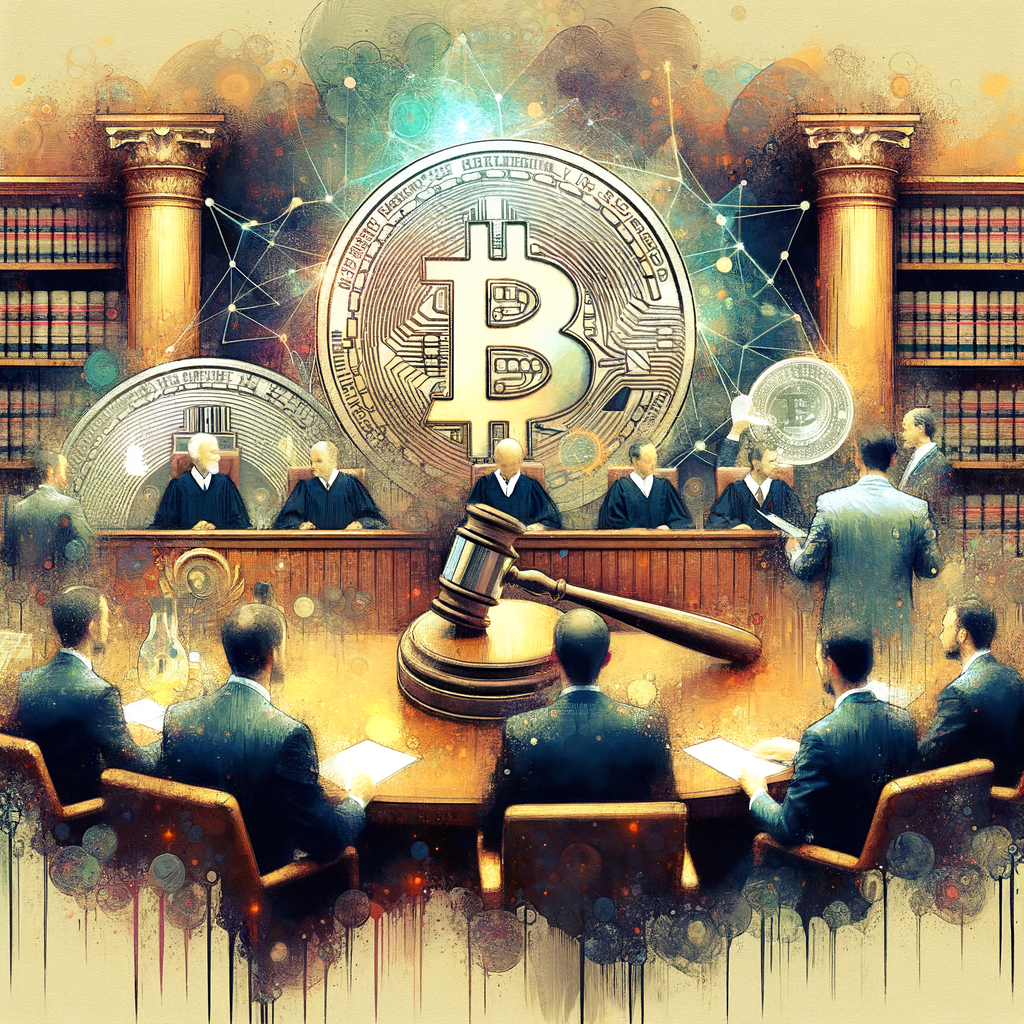Do Kwon’s Legal Battle and the Potential Impact of the GENIUS Act
In a recent development that could significantly influence the cryptocurrency landscape, Terraform Labs co-founder Do Kwon’s ongoing legal saga in the US federal court has intersected with potential new legislation. During a status conference on Wednesday, presided over by Judge Paul Engelmayer of the US District Court for the Southern District of New York, the discussion hinted at the implications of the GENIUS Act on Kwon’s charges.
Understanding the GENIUS Act’s Influence
The GENIUS Act, short for Guiding and Establishing National Innovation for US Stablecoins, is a piece of legislation that recently passed the US Senate and is now awaiting a vote in the House of Representatives. Should it become law, it could reshape the regulatory framework for payment stablecoins. This is particularly relevant to Kwon’s case, as the charges against him are intertwined with the operations of the TerraUSD (UST) algorithmic stablecoin and its associated LUNA token.
The collapse of UST from its dollar peg in 2022 played a pivotal role in the downfall of the Terra ecosystem, prompting legal actions from authorities both in South Korea and the United States. Kwon, who was arrested in Montenegro in 2023 on unrelated charges, faces nine felony counts in the US, including securities fraud, commodities fraud, market manipulation, and money laundering. He has pleaded not guilty to all charges and is currently held without bail, with his trial set to commence in January 2026.
Legal Proceedings and Future Implications
During the conference, Judge Engelmayer expressed his awareness of the GENIUS Act, suggesting that its outcome could influence the legal proceedings against Kwon. This act, if passed, could potentially alter how digital assets like UST and LUNA are regulated and treated under US law.
In addition to the criminal charges, Kwon and Terraform Labs were found liable in a civil case by the Securities and Exchange Commission (SEC) in 2024 for defrauding investors. The outcomes of this civil case may also play a role in the criminal proceedings, with discussions ongoing about their implications on the current charges.
Broader Impact on the Crypto Industry
The GENIUS Act and its companion, the Stablecoin Transparency and Accountability for a Better Ledger Economy (STABLE Act), are part of broader legislative efforts to define the digital asset market structure. These bills could significantly influence how entities like the SEC and the Commodity Futures Trading Commission view and regulate digital assets.
Similar legislative considerations have affected other cases in the crypto space. For instance, former SafeMoon CEO Braden John Karony’s legal team requested a delay in his criminal trial, anticipating potential changes in securities laws under the Trump administration that could impact his charges. Karony was later found guilty on multiple counts, including conspiracy to defraud the United States, money laundering, and wire fraud.
The ongoing legislative developments and their potential to reshape the digital asset landscape underscore the evolving nature of cryptocurrency regulation. As these laws mature, they could bring significant changes to how digital assets are perceived and managed legally, impacting everyone from startup founders to investors and users across the globe.
For more insights into how legislation is reshaping the crypto industry, consider reading about how crypto is becoming akin to banks in the stablecoin fight.
As the legal and legislative landscapes continue to evolve, the outcomes of these cases and the passage of new laws will be critical for setting precedents in the crypto world, potentially redefining the boundaries of innovation and regulation in the digital age.



